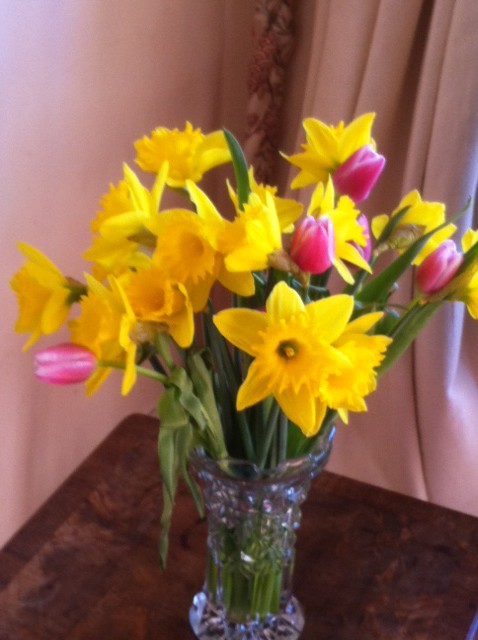
A Conversation about Procrastination
I’m often surprised at how many of us suffer from procrastination, which can make it much harder to take consistent action – or to follow through on something even when it’s seemingly something we really want to change or achieve.
It’s not unusual to see people getting all fired up at the start, often staying on track for a while, and then gradually things go back to the way they were. For instance, even when people have bought expensive courses that they don’t complete – let alone implement – and don’t get me started on gym memberships or diets!
What’s that about?
Certainly, proof that even when money is involved, it’s not always a motivator for many. Tempting to blame lack of time next, but we all know that’s a cop out – we all have the same 24 hours in a day.
Here are three of the main reasons I see that cause people to procrastinate – see if any ring bells for you.
1 Lack of clarity
Being unclear on your ‘why’ for wanting to change or achieve something in the first place. Put another way, you simply do not have a compelling enough reason to do so.
2 Fear of failure or rejection
Usually rooted in any number of old patterns or, invariably, unconscious beliefs, which, if left unquestioned, will continue to trip you up or sabotage your success.
3 Being a perfectionist
Wanting everything to be just right or perfect before taking a decision or action. And there’s nothing wrong with wanting to give yourself the best chance or do a good job. It’s when we start setting ourselves impossible standards, or take forever to do something, that it is often a sign that we’re wanting some kind of external validation, or as a way to avoid judgement or feeling vulnerable.
Shorthand – as long as we’re overly concerned or worrying about what others think of us, we’re missing out on living life to our full potential, and the enjoyment and results to be gained from being ourselves.
So what’s the answer?
All too often, it can be a key life event that prompts, or even shocks us, into doing something differently. How often have you heard that someone loses their job suddenly, a relationship you thought was rock solid ends abruptly or someone has a health scare that causes us to reassess our own lives?
Change usually happens when the pain of not taking action overrides the pleasure of staying stuck. Or put another way, when being in our comfort zone has begun to feel distinctly uncomfortable.
Of course, there’s a much better way – starting with taking some time out for yourself to consider the reasons above.
I’ll be sharing more ways to help overcome these next time, but that’s my nudge for today!





